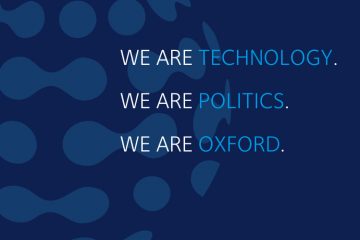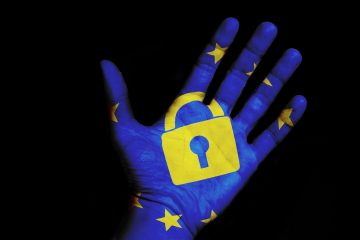
Anonymity in the Age of Ubiquitous Facial Recognition
Facial Recognition Technology will have a severe impact on society in the future, resulting in a loss of anonymity for everybody. The Russian artist Egor Tsvetkov demonstrated with an experiment that it is already possible today to identify random people on the metro by just using their photos and a facial recognition app. Currently this was done by processing images afterwards with face search and augmenting it with human verification, but it is not difficult to imagine every cell phone or connected car being able to identify anyone’s face and perform a search on the web within less than a second. Instead of classical fears of big brother’s mass surveillance, there might be technology ready for peer-to-peer mass surveillance. The …

Be vigilant of the UK government’s attempts to increase its surveillance powers
Cybersecurity has become a major concern for governments, companies and citizens, as some of their most sensitive information is routinely stored and communicated online. Rogue attackers can steal confidential information or corrupt their databases, potentially leading to critical security incidents ranging from reputational damages and economic losses to national security risks. The threat, however, works in two ways. While companies and governments are concerned about being targets of digital infiltration, they have used these technologies to obtain extensive information from common citizens for crime and terrorism prevention or commercial purposes. Collecting geolocationdata and screening social networks are now common practices, relatively easy to carry out due to the embedded features of modern devices. For years, many surveillance practices were conducted …









